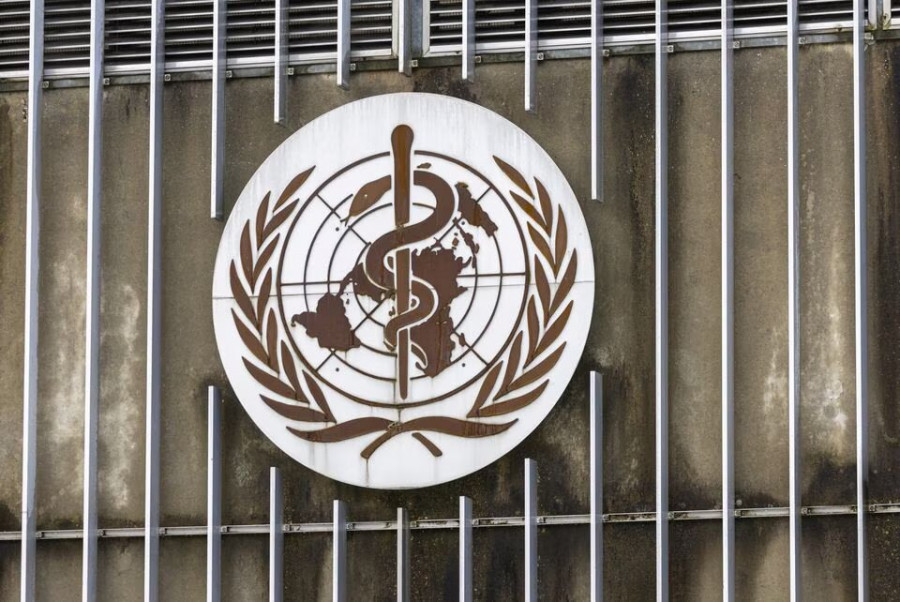Five other samples from environmental surveillance of wastewater confirmed the presence of circulating poliovirus type 2 in Burundi, the WHO added in a statement.

Health officials in Burundi and the Democratic Republic of Congo (DRC) have detected cases of vaccine-derived poliovirus, the World Health Organization and Global Polio Eradication Initiative said.
The WHO said the Burundian government had declared the detection of the virus a national public health emergency after cases were confirmed in an unvaccinated four-year-old boy in the Isale district in western Burundi and two other children who were his contacts.
Five other samples from environmental surveillance of wastewater confirmed the presence of circulating poliovirus type 2 in Burundi, the WHO added in a statement.
Circulating poliovirus type 2 is different to wild poliovirus, with infections occurring when a weakened strain of poliovirus contained in the oral polio vaccine circulates among under-immunized populations for long periods.
The detections are significant as they are the first linked with the use of a new vaccine, the novel oral poliomyelitis vaccine type 2 (nOPV2), which was developed specifically to reduce this risk.
The Global Polio Eradication Initiative (GPEI) said in a statement that circulating vaccine-derived poliovirus type 2 was found in six children in the DRC's eastern Tanganyika and South Kivu provinces.
Burundi plans to conduct a polio vaccination campaign in the coming weeks for all eligible children aged up to 7 years with help from the WHO and GPEI, the WHO said.
“While detection of these outbreaks is a tragedy for the family and communities affected, it is not unexpected with wider use of the vaccine,” said the GPEI, a partnership made up of the WHO, the Bill & Melinda Gates Foundation and other global health bodies.
It said 600 million doses of the new vaccine had been administered in 28 countries since March 2021 and reiterated that the vaccine was safe and effective.
The DRC has scheduled a vaccination campaign for April, the GPEI said.












